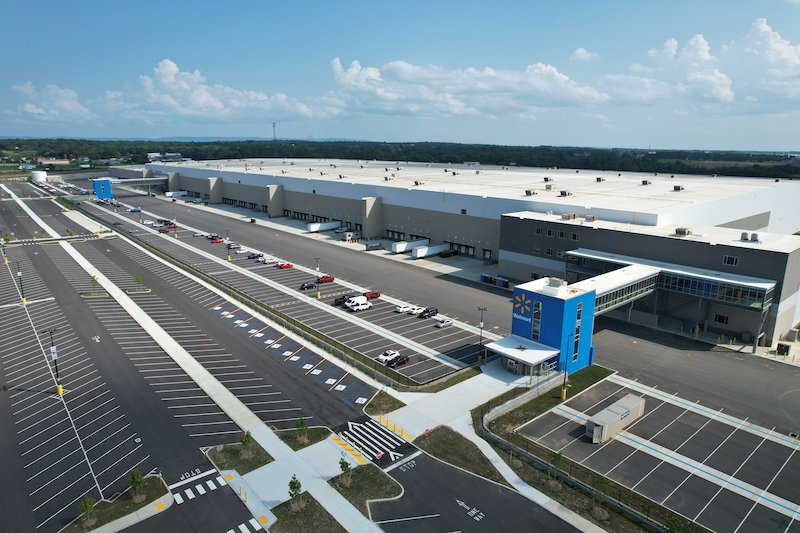
In the days leading up to Iran’s attack with over 300 drones and missiles on Israel last month, Tel Aviv’s cyber defense chief, Gaby Portnoy, raised concerns about the conflict escalating in cyberspace. This was prompted by a significant increase in cyber attacks following the Hamas-led massacre, with 3,380 incidents recorded in the first three months alone – 2.5 times higher than previous years. Many of these attacks were attributed to Tehran and its allies, particularly Hezbollah.
Among these incidents, 800 hacking attacks were deemed to have significant potential for harm, targeting government organizations, military, and civilian infrastructure. Portnoy noted that Iranian and Hezbollah groups were working together to launch attacks on Israel across various sectors. A group of hackers linked to Iran claimed to have breached Israeli radar systems prior to the attack, although Israeli cyber defense agencies deny any abnormal activity.
Despite Israel’s advanced capabilities in cybersecurity, some attacks have been successful – including ones on hospitals in Haifa and Safed where patient data was compromised. Iran has been investing in enhancing its cyber capabilities and has been learning from Israel in this regard. With support from Russia and China, Iran is becoming a significant player in cyberspace, posing a threat to Israel.
Israeli efforts to counter this growing Iranian threat include investing in a cyber summit to improve strategies and anticipate potential attacks in the technological realm. The ongoing cyber warfare between Iran and Israel has been identified as one of the oldest rivalries in cyberspace – with Israel having an edge in technology due to U.S. support – but experts emphasize that Iranian cyber activities not only target infrastructure sabotage but also focus on intelligence gathering and spreading propaganda through false information. Additionally, Iran’s collaboration with Russia and China – as well as its emphasis on cyber education at universities – are key factors contributing to its rapid advancements in cyberspace.
The complexities of this evolving challenge highlight the need for international cooperation and coordination when it comes to addressing global threats like those posed by Iranian





